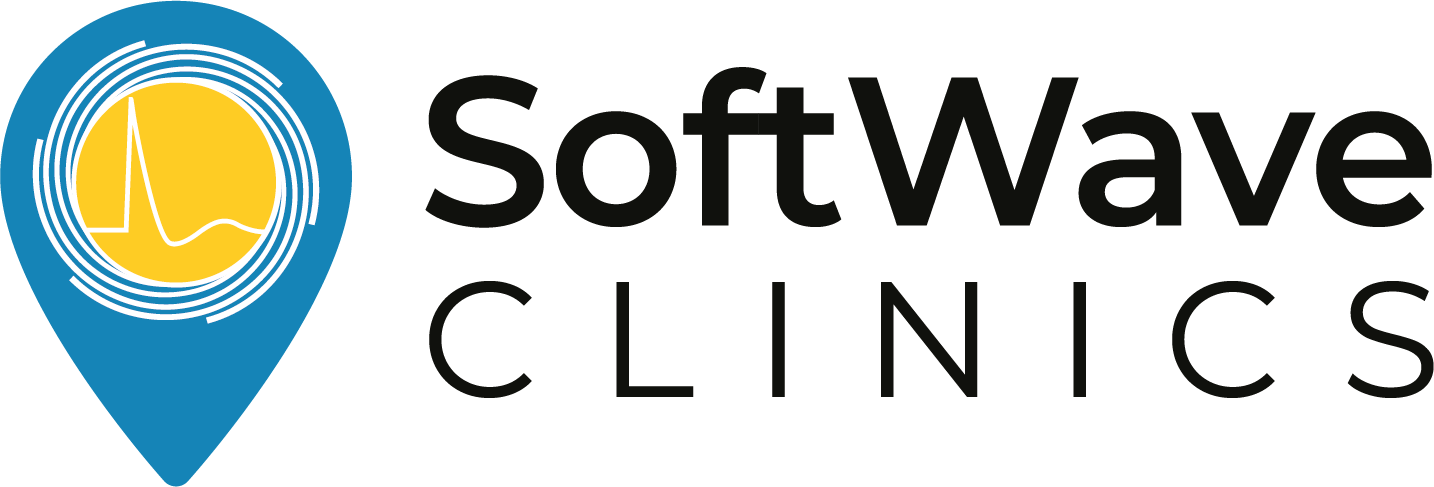Accelerating Nerve Regeneration: The Impact of ESWT on Schwann Cells
Title: ESWT affects Schwann cell phenotype in vitro and in vivo thereby accelerating nerve regeneration
Authors: David Hercher, Christina M.A.P Schuh, Michaela Stainer, Rudolf Hopf, James Ferguson, Dominik Rünzler, Heinz Redl, Antal Nógrádi, Thomas Hausner
This study focused on the effects of extracorporeal shockwave therapy (ESWT) on peripheral nerve regeneration, specifically investigating its influence on Schwann cells (SCs). SCs play a crucial role in nerve regeneration, and ESWT has shown promise in enhancing this process. In vitro experiments involved isolating SCs from different types of nerves and subjecting them to ESWT. The results demonstrated that ESWT had a significant impact on the activation status and proliferation of SCs, particularly in motor and sensory nerves.
In vivo experiments utilized a rat model with a femoral nerve defect. The study evaluated the effects of ESWT on motor fibers regenerating through a sensory environment. The findings revealed that regenerating motor axons faced challenges when traversing a sensory nerve graft, but ESWT mitigated this effect and accelerated nerve regeneration.
These results suggest that ESWT has the potential to accelerate peripheral nerve regeneration, which is especially relevant in the context of autologous nerve transplantation. By influencing SCs and promoting their proliferation, ESWT provides support for improving outcomes following peripheral nerve injuries. The study provides valuable insights into the mechanisms underlying the benefits of ESWT in nerve regeneration and highlights its potential as a therapeutic option in the management of peripheral nerve injuries.
The Dermagold 100, developed by MTS, was used as the ESWT device in this study.
